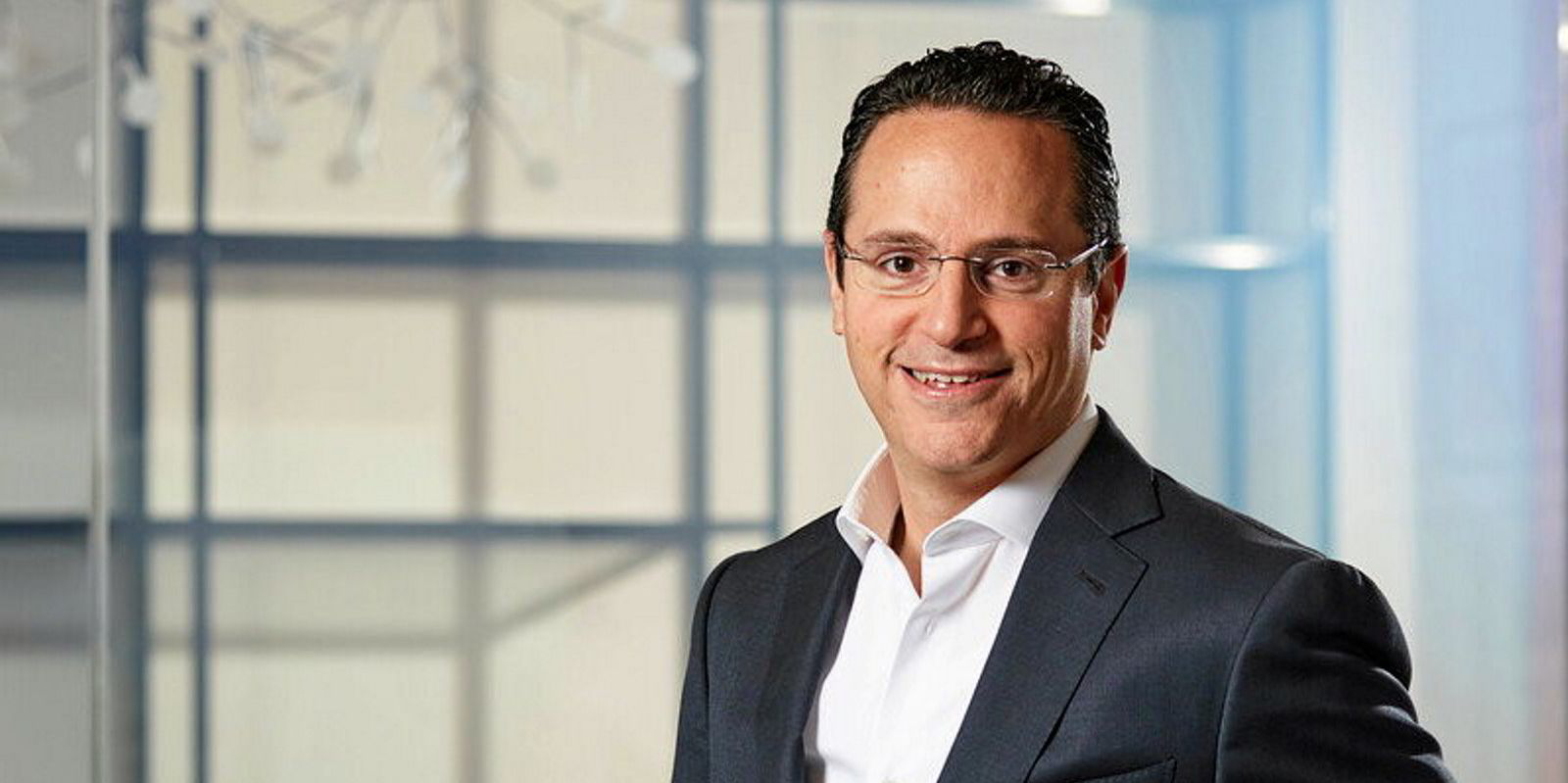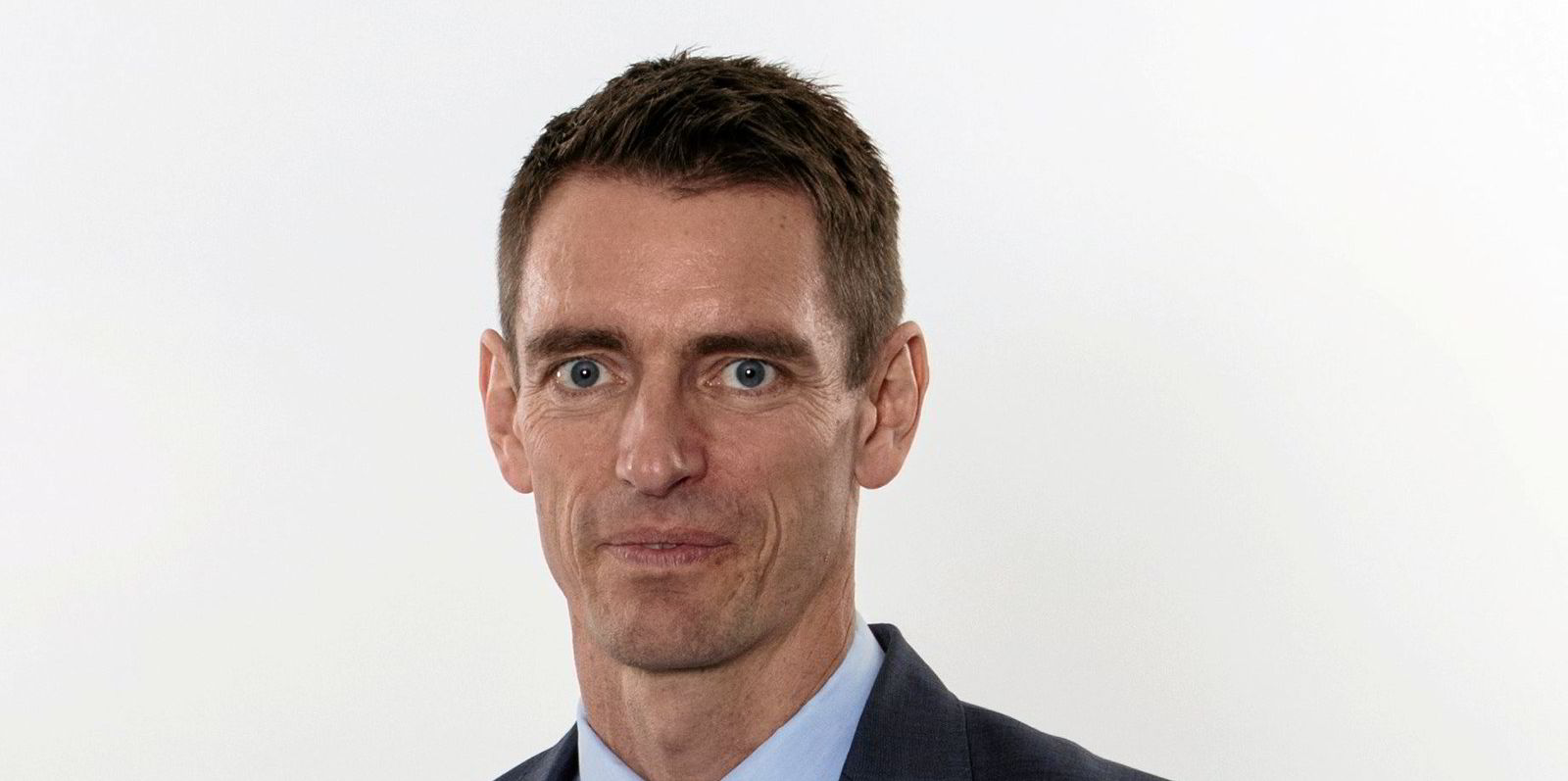Energy major Shell intends to grow its integrated gas business and hold on to what it said is its “leadership” in the LNG market and cut its methane emissions to near zero by 2030.
In a statement ahead of its Capital Markets Day presentation today Shell said it will also extend its upstream position and stabilise its liquids production to 2030.
The major added that it will optimise its downstream and renewables & energy solutions, while helping customers across the transport and industry sectors to decarbonise.
The major declared it wants to build a leading position in low-carbon fuels.
Shell said it plans to invest $10 to $15bn in the period to 2025 to support the development of low-carbon energy solutions including biofuels, hydrogen, electric vehicle charging and carbon capture and storage (CCS).
Shell said it is making “good progress” towards its target to become a net-zero emissions energy business by 2050, by reducing emissions from its operations, and from the fuels and other energy products it sells to customers.
The company said it aims to achieve near-zero methane emissions by 2030 and to eliminate routine flaring from its upstream operations by 2025.
Giving details of its upcoming investments, Shell said it plans to plough cash into hydrogen and CCs.
It will “repurpose” its energy and chemicals parks to offer more low-carbon solutions and undertake a strategic review of its assets on Bukom and Jurong Island in Singapore while upgrading its European footprint.
Shell also plans to selectively invest in power. Here it said the focus will be on markets where its trading activities and customer reach can help to deliver higher returns, while also using the access to green electrons to enable growth in low-carbon energy solutions.
Shell’s message to its investors is that its strategy is that it will create more value with less emissions. The company said it will deliver increased shareholder returns through “a balanced energy transition”.
Shell chief executive Wael Sawan said: “We are investing to provide the secure energy customers need today and for a long time to come, while transforming Shell to win in a low-carbon future.
“Performance, discipline, and simplification will be our guiding principles as we allocate capital to enhance shareholder distributions, while enabling the energy transition.”
“We need to continue to create profitable business models that can be scaled at pace to truly impact the decarbonisation of the global energy system. We will invest in the models that work — those with the highest returns that play to our strengths,” said Sawan.





